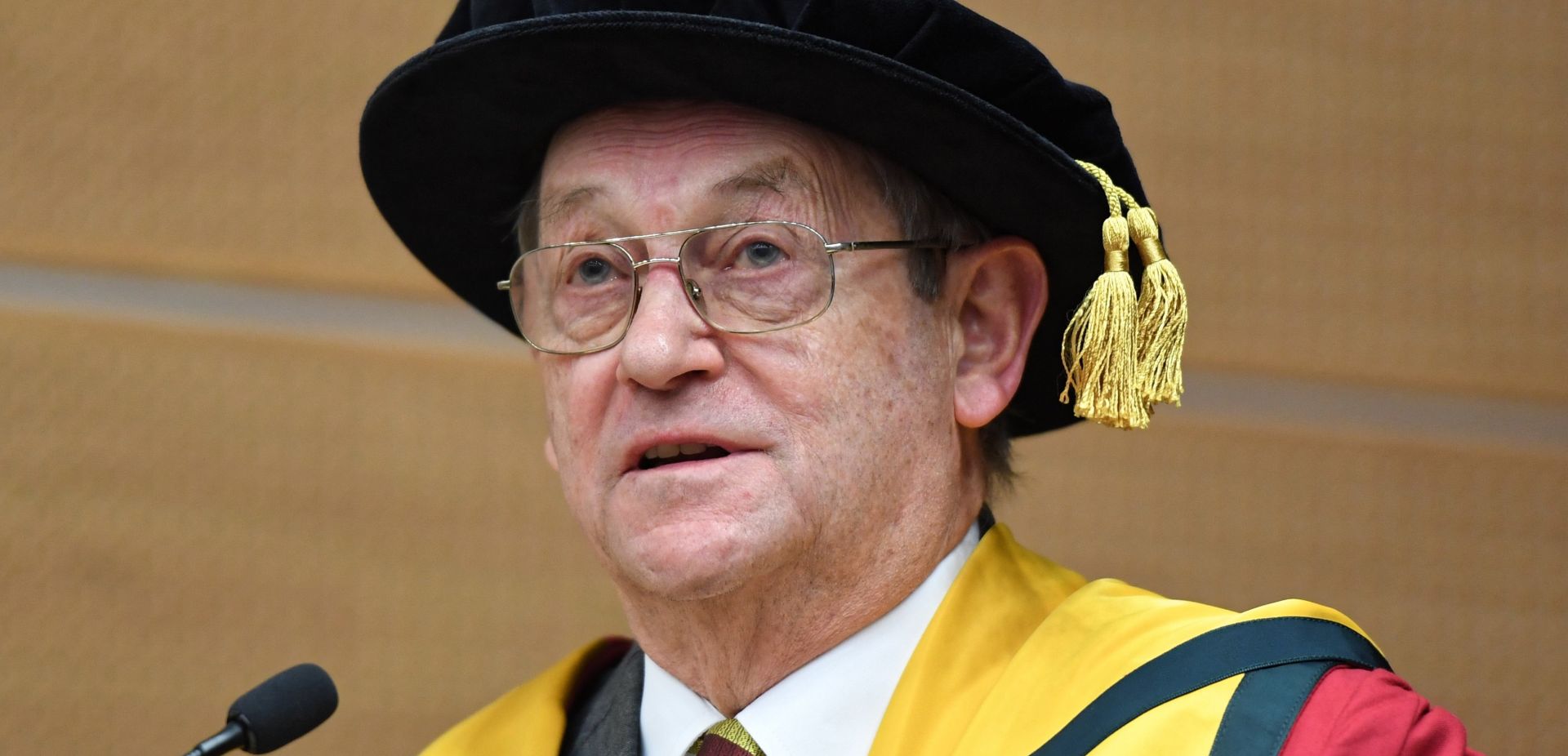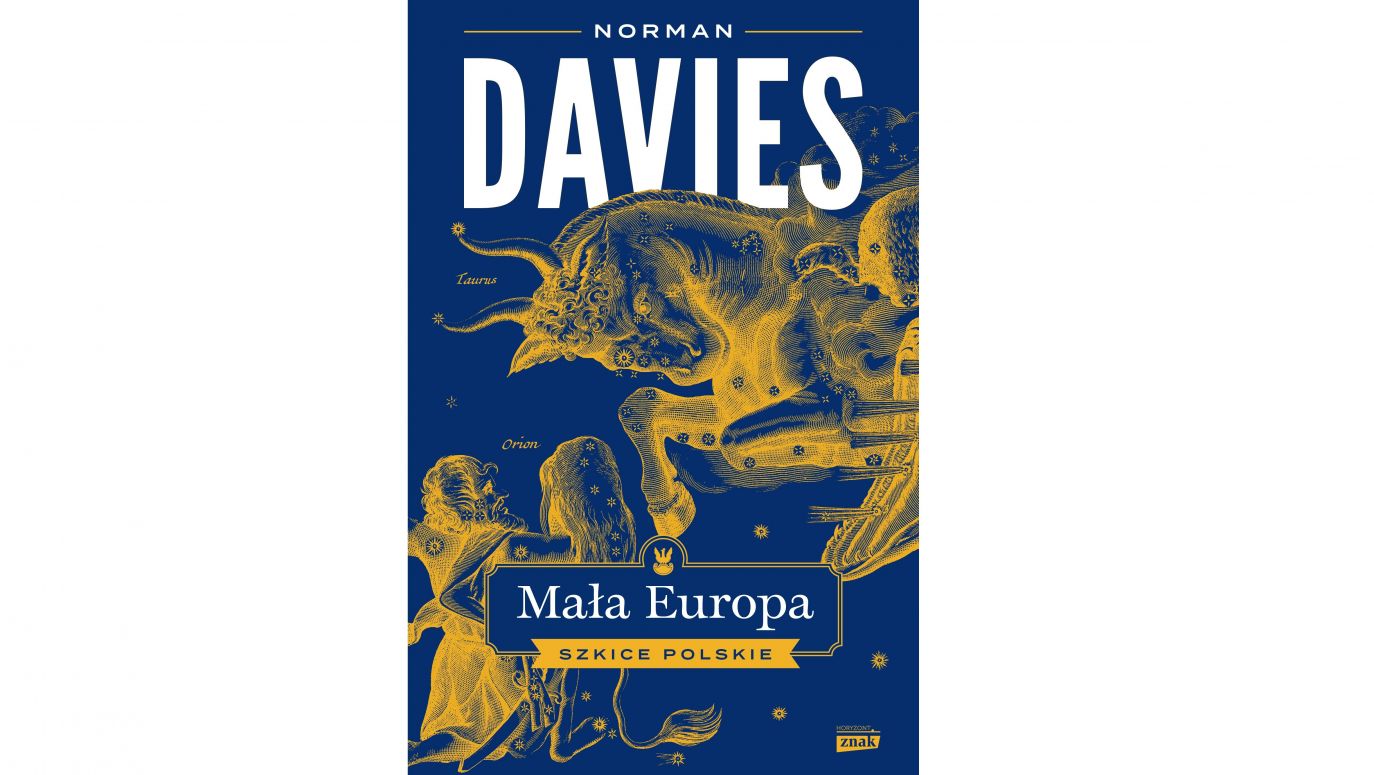Take, for example, the eminent historian Professor Robert Conquest, whom I know well. He was a pioneer in Soviet studies, and in 1968 wrote
The Great Terror, the first monograph in world historiography on the USSR during the Great Purge. For years he was regarded as a madman and extremist. Only later, after the collapse of the USSR, did his description of Stalin’s totalitarian state gain recognition, partly even in Russia.
In Poland, until a few years ago, anyone warning against Putin was treated as a Russophobe out of their mind.
In 2010, I was in Smoleńsk for the commemoration of the Katyń massacre, to which Vladimir Putin had invited Donald Tusk. Together they were at the cemetery at Katyń. And it was a breakthrough of sorts, the first time in history that a Russian leader paid this kind of tribute. A few days later, there was a plane crash that changed everything in Polish-Russian relations.
 SIGN UP TO OUR PAGE
SIGN UP TO OUR PAGE 
Of course, Western countries wanted to believe that Russia could be civilised through economic cooperation and trade. Even when Putin began to be seen as a “villain” and was building an anti-democratic state that was aggressive towards its neighbours. In the British Isles, much was only changed by the gruesome events: when Russian agents murdered Alexander Litvinenko in the heart of London, and in Salisbury tried to kill Sergei Skripal and his daughter.
Then the mood was definitely changed by the war in Ukraine. In my opinion, we have finally reached the point where even the average person, hearing what the Russians say, knows that it is not true. Even a semi-intelligent person, watching Putin repeating that there will be no aggression and then attacking Ukraine, realises that there is something wrong with this country. That’s why, for the first time in my life, I don’t hear a chorus of defenders of Russia in the West who are somehow trying to justify what is happening.
Is it obvious for everyone, though?
Attitudes towards Russia are indeed different in other European countries. For example, in Germany, where Chancellor Olaf Scholz is in favour of a peace and ceasefire in Ukraine and is afraid to call a spade a spade. In my opinion, Russia is a country in decay, which is sinking to the very bottom thanks to Putin. This leader is weak and all he has is an outdated arsenal of nuclear weapons.
Would you agree that there are some parallels between 1920 and 2022? During the war with the Bolsheviks, not everyone wanted to help out either.
Of course. The Polish-Soviet war and the invasion of Ukraine have a number of similarities, not only in terms of aggression or cruelty. Above all, it brought the Polish nation very close to the Ukrainian nation. It showed how Polish society is capable of selfless help, regardless of the painful experiences Poles have had in their history of contact with Ukrainians. Polish-Ukrainian history did not begin with the tragedy in Volhynia in 1943, something we talk little about. Polish thinking about Ukraine is also somewhat distorted by Sienkiewicz, who perpetuated the stereotype that Ukrainians are just Cossacks and generally a savage people.
The Ukrainians themselves have now finally gained confirmation of how much separates them from the Russians. I recently met a Ukrainian writer, Andrei Kurkov, who is a “native Russian speaker”. He told me how he feels about Russians from Russia: that he cannot understand them, even though they speak the same language. It is a situation similar to that between the English and the Irish, who, after all, speak the same language, but the difference in culture or historical experience is enormous.
In Poland we are very often polarised when discussing history. I don’t suppose people in Britain are at each other’s throats debating Churchill’s defeat at Gallipoli or Clement Attlee’s policies.
Not really! Britain is very divided. In Poland there is a dispute over the evaluation of recent history, while in Britain there is a dispute over Brexit, and this too has a historical basis. Well, Brexit is not just about opposition to the European Union, it is the result of English nationalism and the dismissive attitude of the English towards the Scots and the Welsh.


 SIGN UP TO OUR PAGE
SIGN UP TO OUR PAGE 






